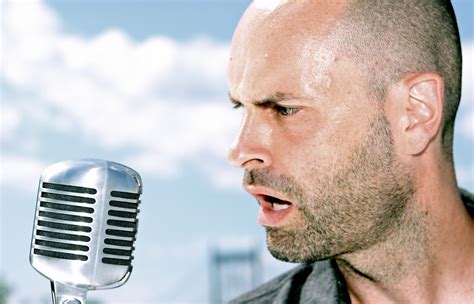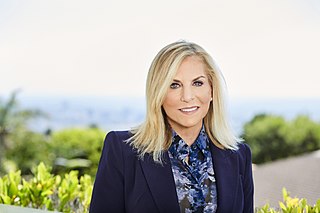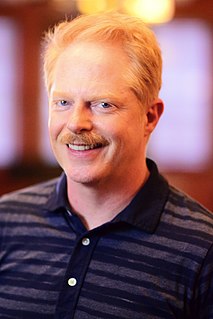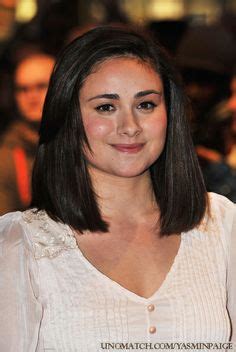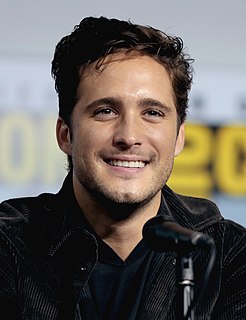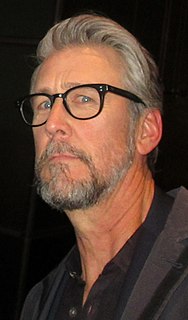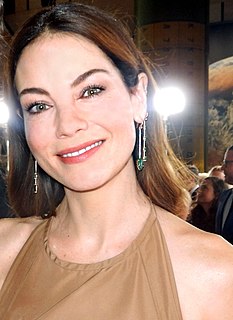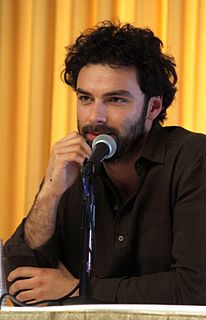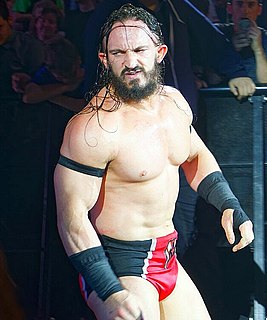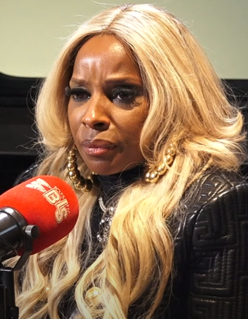A Quote by Ted Alexandro
TV is a different animal. It's not a club set. As you said, you do short sets on TV - about five minutes. So you have to get that rhythm down and also be aware of the camera so you're connecting with the viewers at home as well as the studio audience. It's a different muscle to develop.
Related Quotes
What's interesting in scripted TV is different than what's interesting in reality TV. Each of their departments have their development process where they package things and put together the writers and put together the producers and the different elements and develop the projects. By the time you get to a network or to a studio, you're able to say this is the project, here's who the producer is, sometimes even here's who the star is, here's who the writer is. It's a well-developed project by the time it gets to the studios.
I actually think film and TV are sort of the same thing now. To me they're all motion pictures. There's a camera, a script, other actors and a director. Doing a sitcom is a little different. It's kind of a hybrid, half movie, half play, presented in a proscenium fashion - the camera's on one side of the line, the set on the other, the audience sitting behind the cameras.
For me, something that's been always really important to me, that's also really served me well in hindsight, is doing different things, trying to cross different genres, and dipping my toes into comedy and drama and action here and there. Fortunately, as I've been working, the industry has also changed where you're able to dip your toes into different mediums, where it's not just independent film and studio film, but now you've got TV, and you're able to do all these different things. For me, it's just a matter of continually pushing myself and challenging myself.
At eight o'clock the curtain goes up and that's it, you're out there with yourself, the audience, the other players. There's no "take two" business. You're on. The great thing is the rehearsals, too. When you're bouncing around on film sets and TV sets you don't really get the opportunity to - generally speaking - rehearse much. With theater you're kind of four-to-five weeks locked down in the room with the guys figuring stuff out. It's back to play school.
When you're doing a play, you're onstage, there's no stopping or starting, there's no stopping to reposition for the camera or have a check done. You're there 'till the end of the show. What that gives you is a great gift, which is to command the audience, and you get to play with your script and your fellow actors. Every night, it's different. Hopefully it goes well and you get a great response. But the technique that you have to have on film or television is so delicate. It's fine-tuning. That is very different from being onstage, but they both have important skill sets.
